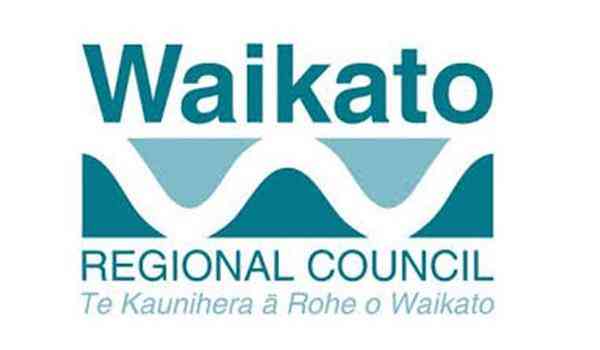Waikato Regional Council news
The Climate Action Committee today recommended that the council adopt the Waikato Regional Council Climate Action Roadmap which will signal how the council will work toward a low-emissions, climate-resilient economy.
There is hardly a regional council activity that is not affected by our changing climate or which does not contribute to the emission of greenhouse gases. The roadmap provides a clear and coherent statement of the council’s position on climate change.
If adopted at next September’s council meeting, the roadmap will provide high level guidance for the integration of council activities to manage risk and meet legislative requirements and community expectations. It will also build a common understanding of the issues and outline opportunities for collaborative action with territorial authorities, iwi partners and other stakeholders.
The focus is on areas that represent the biggest challenges and opportunities, with nine climate response pathways prioritised.
- Coastal resilience pathway – to work across the region to reduce the risk of climate-exacerbated natural hazards on the coastal environment and communities and manage the impacts of sea level rise.
- Agriculture and soils pathway – to work with the agricultural sector to develop integrated approaches to reduce emissions, increase biodiversity and improve water quality.
- Water is life pathway – to ensure freshwater allocations reflect both changing land use and climate change signals.
- Habitat restoration and planting pathway – to proactively identify land and coastal areas, including wetlands and intertidal zones, for protection and restoration to deliver climate-related benefits, provide the best return for freshwater quality, and support community resilience and safety..
- Future of transport pathway – to reduce the exposure of the sector to the increasing costs of carbon emissions and enable the transition to low carbon transport fuels in a changing climate.
- Sustainable investment pathway – to support WRC investments that are underpinned by sustainability principles and which reduce investment risk from climate change.
- Biodiversity and biosecurity pathway – to recognise the risks of climate change for biodiversity, apply strategies to improve biodiversity, reduce pest incursion and expansion and support interregional and central government commitment.
- Drainage and flood protection pathway – to determine the extent to which current infrastructure and flood protection schemes are fit for purpose and respond accordingly.
- Energy pathway – to facilitate access, development and use of renewable energy sources within the region.
Climate Action Committee chair Jennifer Nickel says the council, through the committee, is taking a leadership role in facilitating collaborative action, community engagement and communication.
“This roadmap is a major step in this leadership as it provides a transparent view into both the planned and current actions of the council.
“Climate is a council strategic priority. The roadmap will be used to inform business cases for climate change adaptation and mitigation projects to be prepared for the long-term plan process, and it’ll also be our source document for engagement with stakeholders..”
